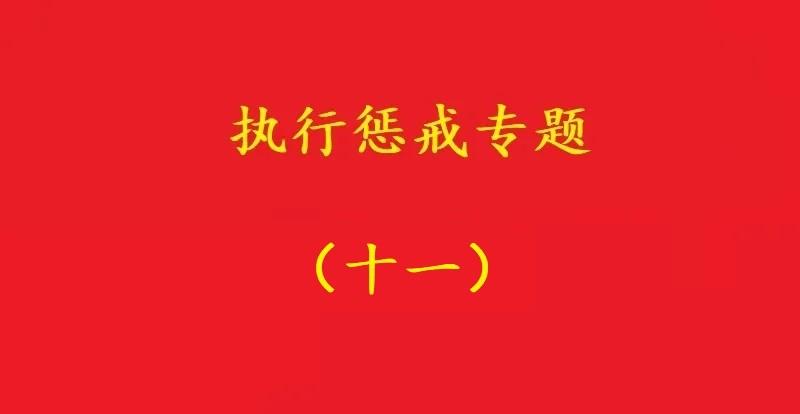
In the event of litigation or arbitration in a dispute, the creditor's rights and debts are still in the period to be determined under review, and the transfer of equity by the shareholders of the unit to change the legal representative is not an act prohibited by law, and in the absence of other corresponding evidence to prove it, it cannot be regarded as an act of evading debts in the course of enforcement. In no other circumstances, punitive measures must not be employed against the original legally-designated representative during the enforcement phase.
1. Biden applied to the China International Economic and Trade Arbitration Commission for arbitration in respect of the dispute between it and Intercontinental Corporation.
2. During the arbitration period, Xiao xx, a shareholder and legal representative of Intercontinental Company, transferred 99% of the equity of Intercontinental Company to Yijie Company and 1% of the equity to Zhao Chengwen, and the equity that was not funded in place was funded by Yijie Company and Zhao xx at the time specified in the company's articles of association. The relevant departments approve the above changes.
3. The Arbitration Commission rendered the [2019] CIETAC Jing (Shanghai) Judgment No. 0235, ruling that InterContinental Company should return the security deposit of RMB500,000 to Biden and pay a liquidated damages of RMB500,000.
4. Biden Company applied to the Jiaxing Intermediate Court for enforcement, and Biden Company submitted an application to restrict consumption and detain Xiao xx and He XX.
Does the enforcement court have the authority to take measures to detain or restrict consumption of the original legal representative who has been changed during the litigation at the time of enforcement?
(2020) SPC Enforcement Supervision No. 420
According to the Provisions of the Supreme People's Court on Publishing Information on the List of Judgment Defaulters, after a unit judgment debtor has taken consumption restriction measures for failing to actively perform its obligations, the court may take measures against the legal representative, the principal responsible person, the person directly responsible for influencing the performance of the debt, and the actual controller of the unit. The legal representative, principal responsible person and actual controller (hereinafter referred to as "three types of personnel") referred to here refer to the three types of personnel at the time of debt generation or the three types of personnel at the time of enforcement? If there is a change, how to choose a restriction body for different objects before and after the change? There are different understandings in practice. The precedent of the Supreme People's Court cited in this article is relatively clear: in the enforcement of the unit as the person subject to enforcement, if the unit is subject to restrictive measures, in the absence of other evidence, it can only take restrictive measures against the legal representative, main responsible person and actual controller of the unit at the time, even if there is a change in the above three types of personnel during the relevant dispute litigation or arbitration, it cannot be presumed that the relevant personnel before the change have the motivation to evade enforcement, and take restrictive consumption measures against them. According to the spirit of this precedent, if the three relevant categories of personnel before the dispute is formed before the litigation is formed, if they change during the enforcement stage, of course, they cannot be directly affected by the restricted consumption of the unit. The author does not express my opinion on the views of the precedent in this article, and recommends this precedent for your litigation reference only.